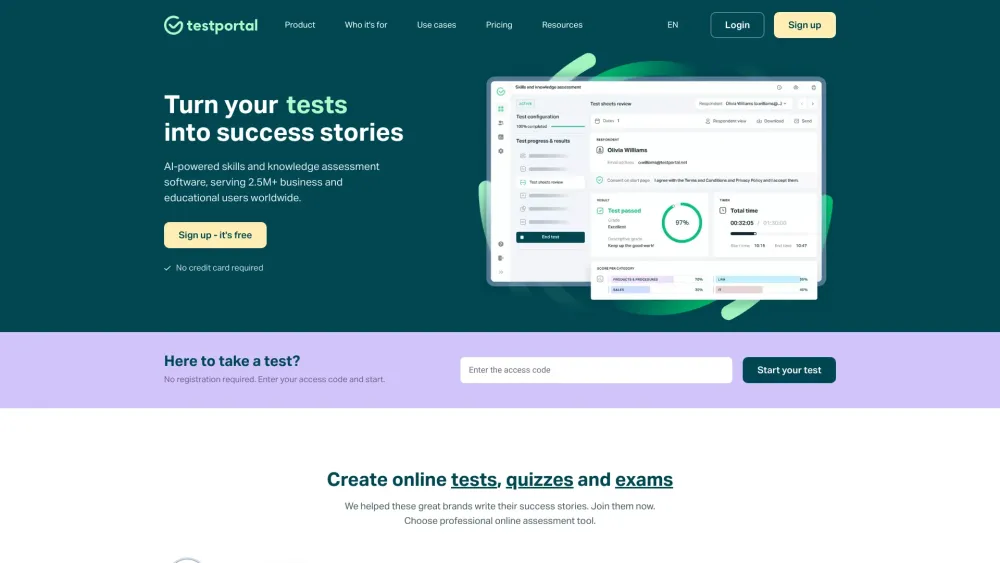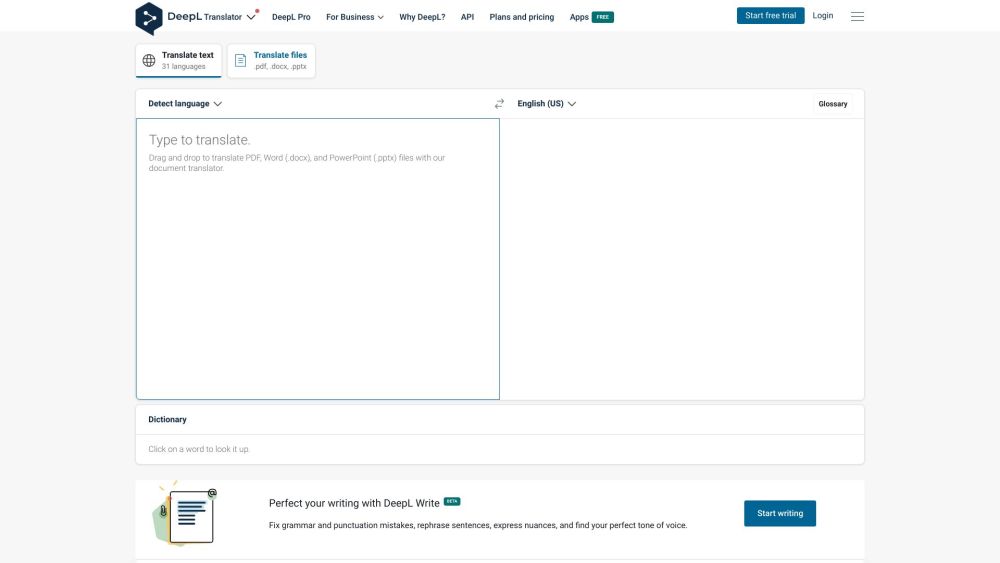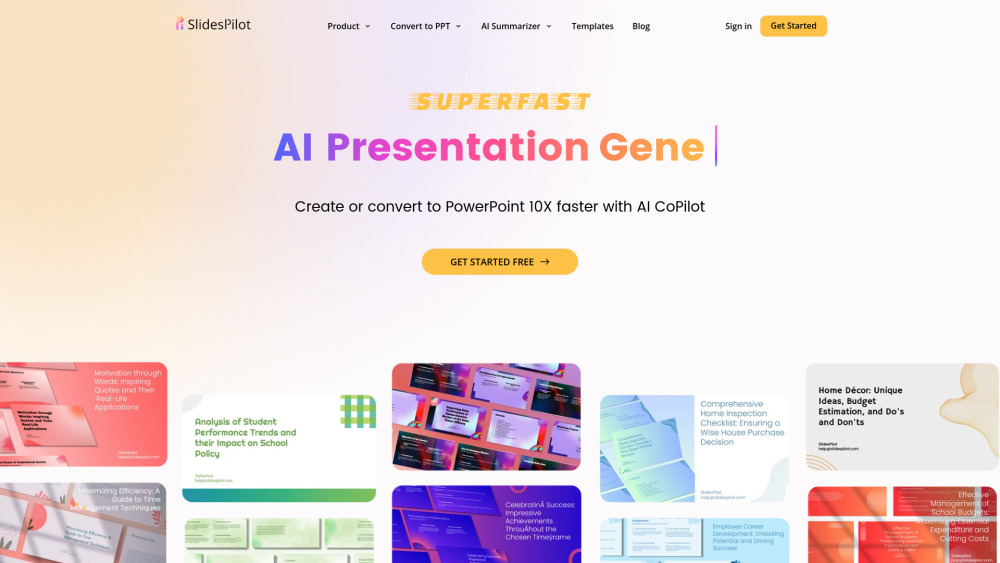Recently, the KfW Bank in Germany released a report highlighting that while the country excels in academic research on artificial intelligence (AI), it is significantly lagging behind global leaders in providing practical AI solutions. Despite its strong research output, Germany falls far behind countries like the United States and China in the number of AI patents and in translating research into marketable products. KfW's chief economist, Dr. F. Gebauer, expressed concerns, stating, "Germany struggles to convert research achievements into products that businesses can utilize."
Compounding this issue is Germany's heavy reliance on imports of AI products and services, which far outweigh its exports, leading to increased dependency on a few large foreign firms for AI solutions. Gebauer warned, “The pace of AI development in other countries is much faster; we must ensure Germany does not fall too far behind.”
Since the turn of the 21st century, rapid advancements in technology, particularly in computational power, have enabled AI to transition from laboratory settings to everyday production and daily life. Applications like ChatGPT are now essential tools for text creation, image generation, and programming. However, the contributions of German researchers to AI are undercut by issues like talent loss and inadequate investment environments, preventing these innovations from becoming applicable AI products in the marketplace.
According to KfW's report, data from the Expert Committee for Research and Innovation indicates that China has increased its AI patent applications by 100 times since the early 2000s, while Germany's growth has only been threefold. Currently, Germany accounts for just 6% of global AI patent registrations, significantly trailing behind China's 29% and the U.S.'s 27%.
The 2023 Global AI Adoption Index by IBM reveals that only about 32% of German companies with over 1,000 employees have incorporated AI into their operations, with an additional 44% exploring its use. The report emphasizes that Germany lags behind countries such as India, the UAE, Singapore, and China, all of which have AI application rates exceeding 50%, with a global average of 42%.
Inga Fechner, a senior economist at ING, notes that many German companies remain in the experimental phase with AI. Strict data protection regulations, a lack of skilled employees, and insufficient use cases hinder AI adoption, leading some companies to adopt a wait-and-see approach.
Germany is also struggling to invest in AI startups amid an economic downturn. According to the 2024 AI Index Report from Stanford University’s Human-Centered AI Institute, Germany ranks sixth in private sector investment in AI from 2013 to 2023, following the U.S., China, the UK, Israel, and Canada. Despite the popularity of AI, a report from Gartner reveals that it does not dominate European IT budgets. Gartner anticipates a 9.3% increase in Europe's IT spending to $1.1 trillion this year, but AI is not a priority relative to business revenue, profitability, and security enhancements.
Concerns about the current state of AI in Germany are echoed by Alexander Loser, an AI expert at Berlin’s University of Applied Sciences. He emphasizes that Germany increasingly plays the role of a consumer rather than a producer of AI products, many of which originate from outside Europe. Furthermore, the inability to retain top AI talent exacerbates the situation, as many skilled individuals opt to work abroad after graduation.
The EU’s stringent data regulations also place German companies at a disadvantage, as most AI applications require large datasets, which become more costly to acquire under current EU regulations. Loser advocates for the establishment of open-source datasets for commercial use.
To foster future growth in Germany’s AI sector, KfW Bank recommends addressing the urgent need for “adequate access to AI training data” while also increasing investments to boost AI research and expanding training opportunities for students and professionals in the field.




